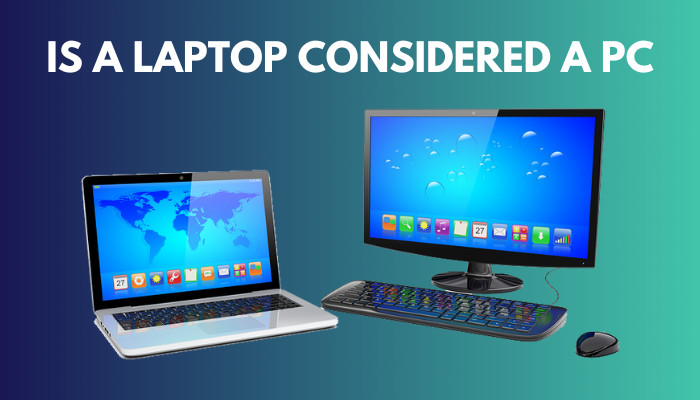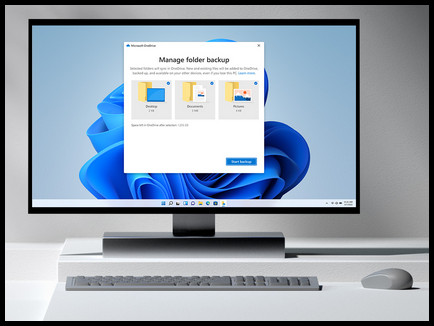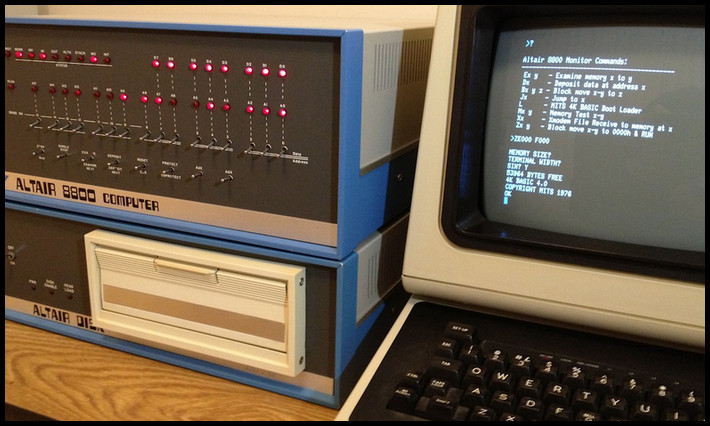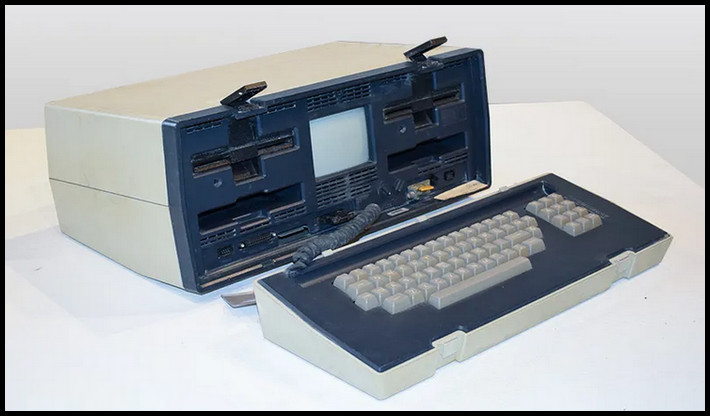Many people use laptops as an essential part of their daily life. However, there is disagreement about whether a laptop counts as a personal computer. You might be curious whether a laptop is classified entirely as a PC or something else.
As a tech-savvy guy, I have been using a laptop for a long time. I know how much you are confused now because I was in the same position a few years ago as you are now.

Don’t worry at all. Keep reading this post. You are going to learn about something very interesting today. I am going to clear up all the doubts you have. So let’s get started.
Follow our guide to fix Why is My Laptop Beeping
Is a Laptop Considered a PC?
Yes, a laptop is considered a PC. It contains everything needed to run a personal computer, including a CPU, GPU, RAM, power supply, keyboard, and mouse. A laptop is just a compact version of a desktop computer. It is capable of doing everything a PC can.
The primary difference between a desktop and a laptop among personal computers is mobility. Most laptops are built to carry out the same tasks as desktop computers, so they can use the same programs and access the same data. 
Although you can pick up a laptop and carry it with you, desktop computers and laptops both run the same operating system, which is also Windows-based.
Additionally, they might have a wider variety of parts than desktop computers, and laptops offer fewer options.
In the past few years, some individuals have even gone so far as to refer to it as a laptop PC or laptop computer. Since a laptop can be used while resting on your lap, the terms lap and top were combined to create the word laptop.
A PC is a personal computer that can be used in homes or even taken about for personal use. A desktop computer is more commonly referred to as a PC. However, that is just one type of PC.
A desktop computer was the first type of personal computer to be created. Although the desktop computer was the first type of personal computer, there are other types.
Therefore, you can consider a laptop as a PC.
Check out our epic guide to know Will Laptop Work Without a Battery
Features of a PC
A personal computer is a machine people can use in their homes and use for individual activities. Bill Gates and Paul Allen’s mission was to provide computers to everyone.
Personal computers today are cheaper and made for solitary end users than the first computers of the 1960s. 
As a result, it’s possible to see many personal computers in a single home or workplace, each with a user performing a different activity.
They can also join all of these devices in a LAN to exchange files and make them multi-user systems.
The following elements are commonly found in a PC:
- Motherboard
- Central Processing Unit
- Keyboard
- Mouse or other pointing devices
- Read Only Memory
- Random Access Memory
- Power Source Unit.
The PC has undergone significant evolution to fulfill a variety of functions. It was once referred to as a microcomputer.
Users can modify the internal hardware of their PC to carry out certain tasks.
For example, players can replace their basic graphics cards with more capable ones to meet the graphical requirements of today’s games.
They can add monitors to their present configurations for additional visual and graphical freedom and correctness.
Additionally, it is possible to boost them by combining hardware and accessories from several systems. The ability to move about is one of the most crucial options available to consumers.
This is where laptop computers first appeared.
Desktop computers are bigger, thicker, and more challenging to move than laptop computers, which users may carry with them wherever they go.
Although they are both computers, the fundamental difference between a laptop and a desktop is that. Laptops are a type of portable computer since they are small and light.
Read more on how to Delete Everything on a Laptop
Desktop Vs. Laptop: What is the Key Difference?
There are some differences between a laptop and a desktop. Here I am giving a clear concept of their differences.
The difference between a desktop and a laptop:
| Desktop | Laptop |
|---|---|
| Desktops cannot work properly without external gadgets. | The laptop is an integrated computer system. |
| A desktop requires more time and effort to set up than a laptop. | The setup and running processes of a laptop don't take too long. |
| The detachable components make upgrading simple. | In most laptops, the RAM and hard disk may be changed because the rest of the elements are either built-in or cannot be replaced. |
| Compared to a laptop, there is high power usage. | Less power is consumed. |
| Unlike laptops, servicing is not as expensive. | Because of the integrated components, maintenance is expensive. Expertise is needed to manage the problems. |
| The desktop's components are simple to remove. | Laptop parts are more complex to remove. |
| It just requires the primary power source to function. | It can also run on a battery, AC power, and the primary power source. |
Also, follow our guide on how to Find Which Alienware Laptop I Have
History of Laptop Computers
Computers have advanced significantly over time to become the intelligent machines we use daily.
The first computers weren’t personal because only specialists could use them.
The first powerful computers appeared in the 1940s, but because they were expensive and took up a whole room, they belonged to large corporations.
These massive computing devices were employed for bookkeeping, mathematical computations, or, in the case of the US military, explosive calculations.
Successful tech firms didn’t decide to make computers accessible to the wider public and people until the 1970s.
The first personal computer, the MITS Altair 8800, used Intel 8080 processors and had a kit-like design. 
One of the earliest people in this field was Bill Gates, followed by Paul Allen.
They dreamt of having a computer in every home. and created a BASIC compiler for the first Altair in their Microsoft company.
You may also like to read: How Often Should I Clean My PC
In 1976, the Radio Shack, Commodore, Digital Research, and Apple II computers appeared, along with Apple’s kit computer.
These machines have 8-bit microprocessors and a maximum of 64 kilobytes of RAM.
Apple I was the first personal computer made open to the general public.
However, Jobs and Wozniak improved it to the Apple II and released it the following year since it needed to be more aesthetically attractive to the general public. It achieved great success.
The first laptop was launched in 1981.
The first laptop computer was the 24-pound, battery-free Osborne 1, accompanied by the Epson HX-20 and IBM PC 5150. 
The rise of the World Wide Web (WWW) helped personal computers become more widely used. Different versions of the Windows and Mac operating systems have been launched.
Any home or office environment now requires a personal computer to access the internet, perform word processing tasks, play games, access entertainment, and many other tasks.
Read more on How Long Does It Take to Build a PC
FAQ
Question: Is a Laptop Called a PC?
Answer: Yes, a laptop can be called a PC. It includes all components required to run a personal computer, such as a CPU, GPU, RAM, power supply, keyboard, and mouse. A laptop is simply a desktop computer in a smaller form. It can perform all tasks that a computer can.
Question: What is the Difference Between a Laptop and a PC?
Answer: In terms of transportation, the laptop differs from the desktop. It can be readily taken anywhere and utilized when touring as long as the battery dies. It is portable since it has a built-in touchpad, keyboard, and display.
Question: Can a Laptop Do Everything a Computer Can Do?
Answer: Most laptops are made to do all of a desktop computer’s functions, so they can often run the same programs and access the same information. However, laptops can frequently cost more than equivalent desktop computers.
Conclusion
You clearly understand now that a laptop is considered a PC. The majority of the components in desktop PCs and laptops are similar.
They may prove to be less comparable regarding their qualities. Users’ preferences while deciding between the two are influenced by the differences in their respective qualities.
Therefore, a laptop cannot be compared to a desktop PC. They both provide convenience, but it depends on the reason they are being utilized.